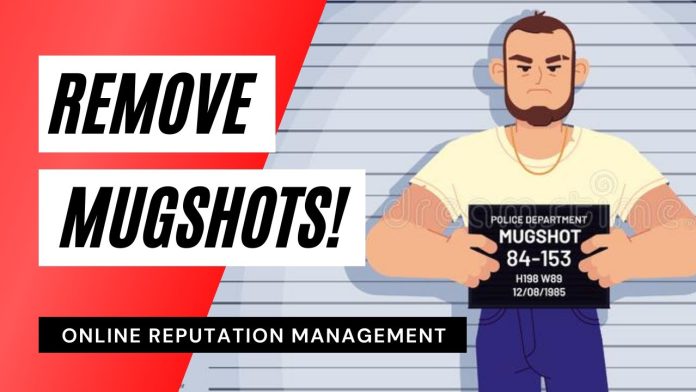In a world interconnected by digital databases and online information, the accessibility of personal records has become both a convenience and a concern. One such aspect is the accessibility of mugshots—photographs taken at the time of a person’s arrest. The availability of these images through online platforms has sparked debates on privacy, ethics, and the extent of public access to such information. Let’s delve into the intricacies of free mugshot lookups, exploring their purpose, legality, and the ethical implications surrounding their accessibility.
Understanding Free Mugshot Lookups
Mugshot databases serve as repositories for images and information related to individuals’ arrests and bookings. These databases can be accessed through various online platforms, some of which offer free mugshot lookups. Users can search for mugshots using an individual’s name, location, or other identifying details.
The Purpose Behind Mugshot Databases
The primary intention of these databases is to provide transparency in law enforcement and to assist in identifying individuals who have interacted with the legal system. They can aid in criminal investigations, assist victims or witnesses in identifying suspects, and serve as a tool for background checks.
Legality and Ethical Considerations
The legality of accessing and utilizing mugshot databases varies across jurisdictions. While some argue that making this information publicly accessible is a means of ensuring transparency, others contend that it can lead to privacy breaches and potentially harm an individual’s reputation, especially if the charges were dropped or the person was found innocent.
In recent years, there has been a growing movement advocating for the restriction of public access to mugshots, especially when the individuals involved were not convicted of the alleged crimes. Some states have implemented laws to restrict the use of mugshots for commercial purposes, aiming to curb websites that profit from displaying these images and then charging individuals to remove them.
Ethical Implications of Free Mugshot Lookups
The ethical considerations surrounding free mugshot lookups are multi-faceted. While access to information promotes transparency, it also raises concerns about the potential misuse of personal data. Mugshots can be easily found by potential employers, landlords, or acquaintances, leading to biased judgments or discrimination against individuals who have had prior encounters with the law.
Moreover, the perpetuation of mugshots on the internet can have lasting consequences for individuals, affecting their personal and professional lives even after their cases have been resolved. It raises questions about the right to privacy, rehabilitation, and the societal impact of stigmatizing individuals based on their past interactions with the legal system.
Conclusion
The accessibility of free mugshot lookups embodies the complexities of balancing transparency and privacy in our increasingly digitized world. While these databases serve a purpose in law enforcement and background checks, the ethical considerations call for a reevaluation of their accessibility and the potential long-term implications on individuals’ lives. Striking a balance between transparency and protecting individuals’ rights is crucial in navigating the nuances of free mugshot lookups, ensuring that justice is served without compromising personal integrity.







